David K.
"Louis saved my business! My MacBook Pro with 5 years of client data crashed. Apple Store said it was unrecoverable and wanted $3,500 for a new logic b..."
Clicking or not-detected drives, SSD/SD recovery, and component-level Mac repairs. Free estimate, no evaluation fees, no data = no charge. All work is done in-house in Austin.




Check out our article on DriveSavers!
Consistent methods produce consistent outcomes. Here’s how we work.
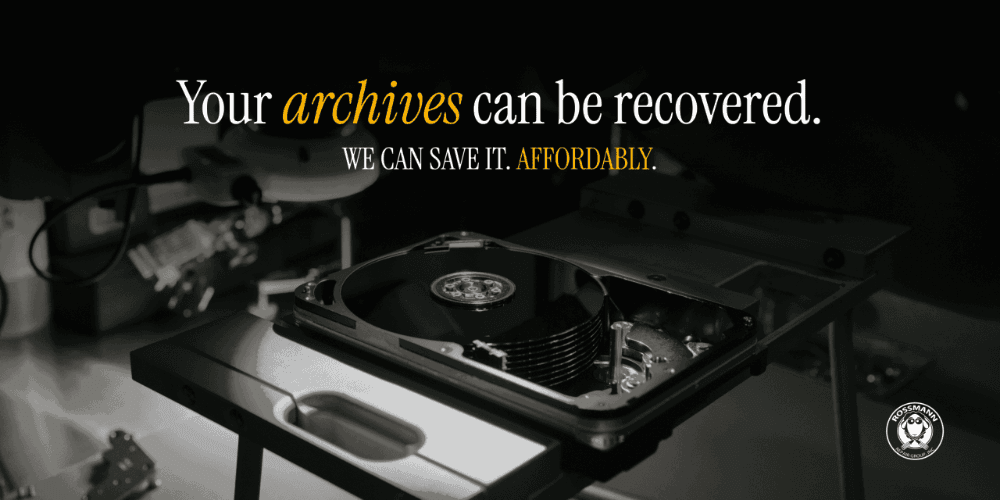
Hard Drive Recovery
Clicking & beeping drives
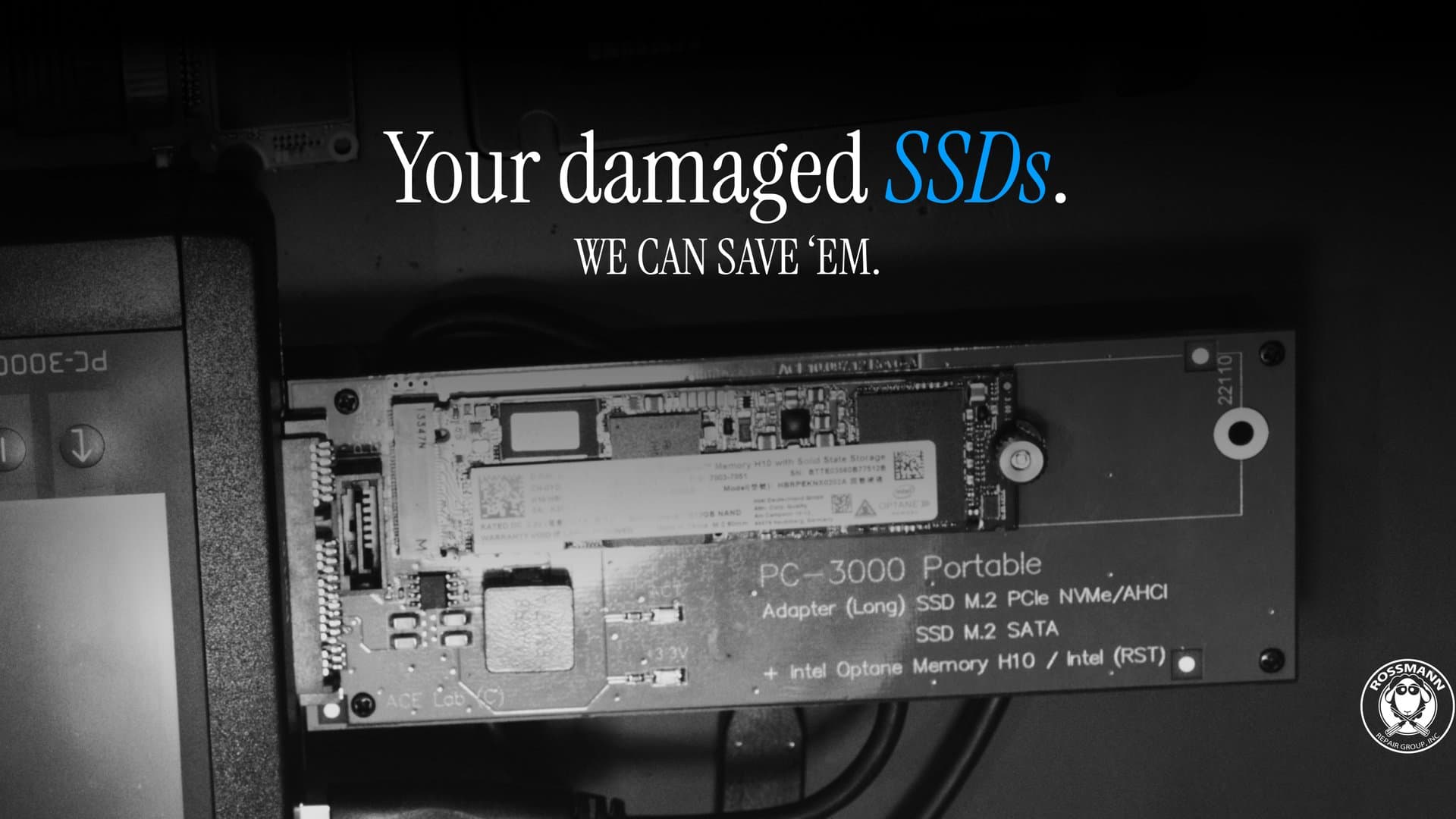
SSD Data Recovery
SATA & NVMe experts
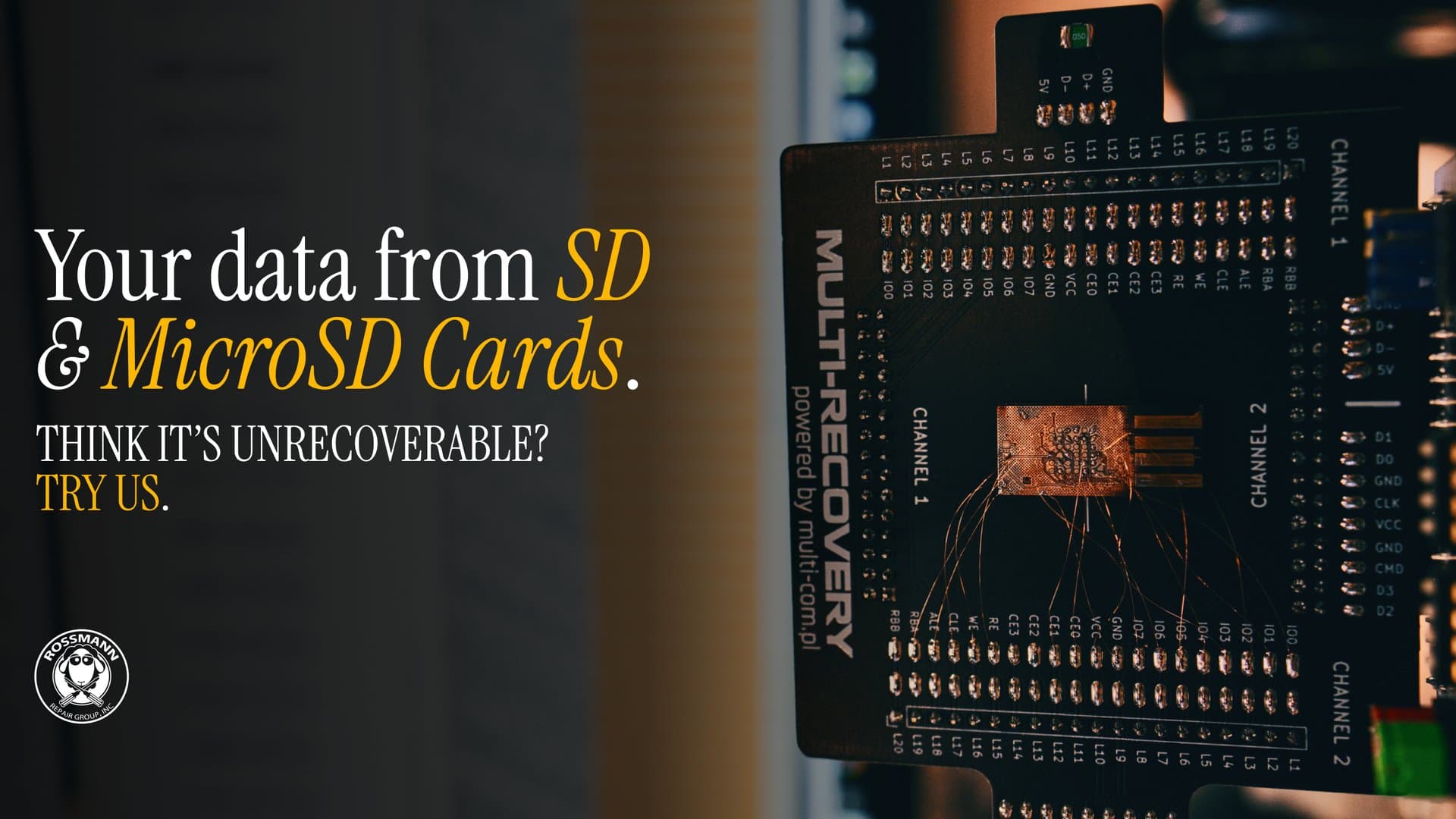
SD & microSD Recovery
Chip-off when needed
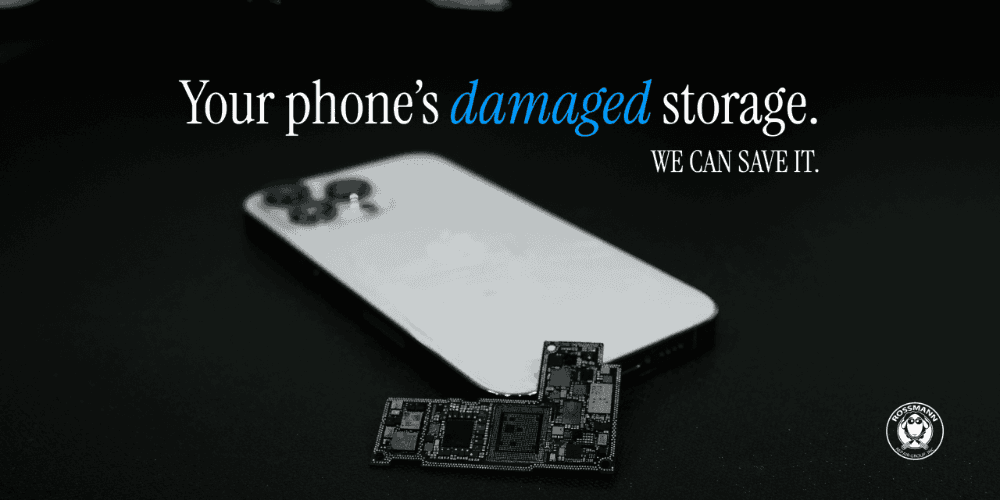
iPhone Data Recovery
Water-damaged, dead, or not detected
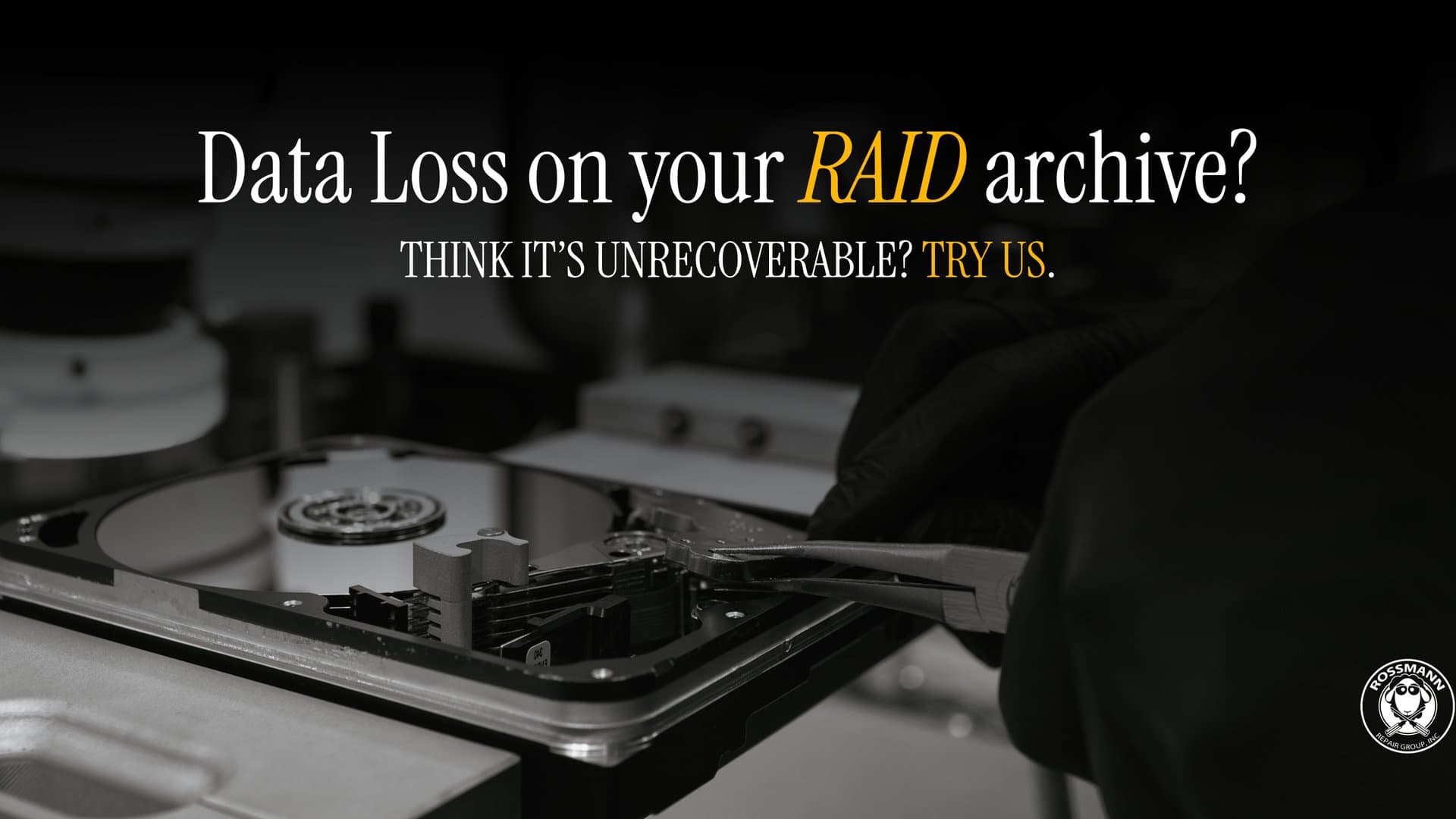
RAID Data Recovery
RAID 0/1/5/6/10
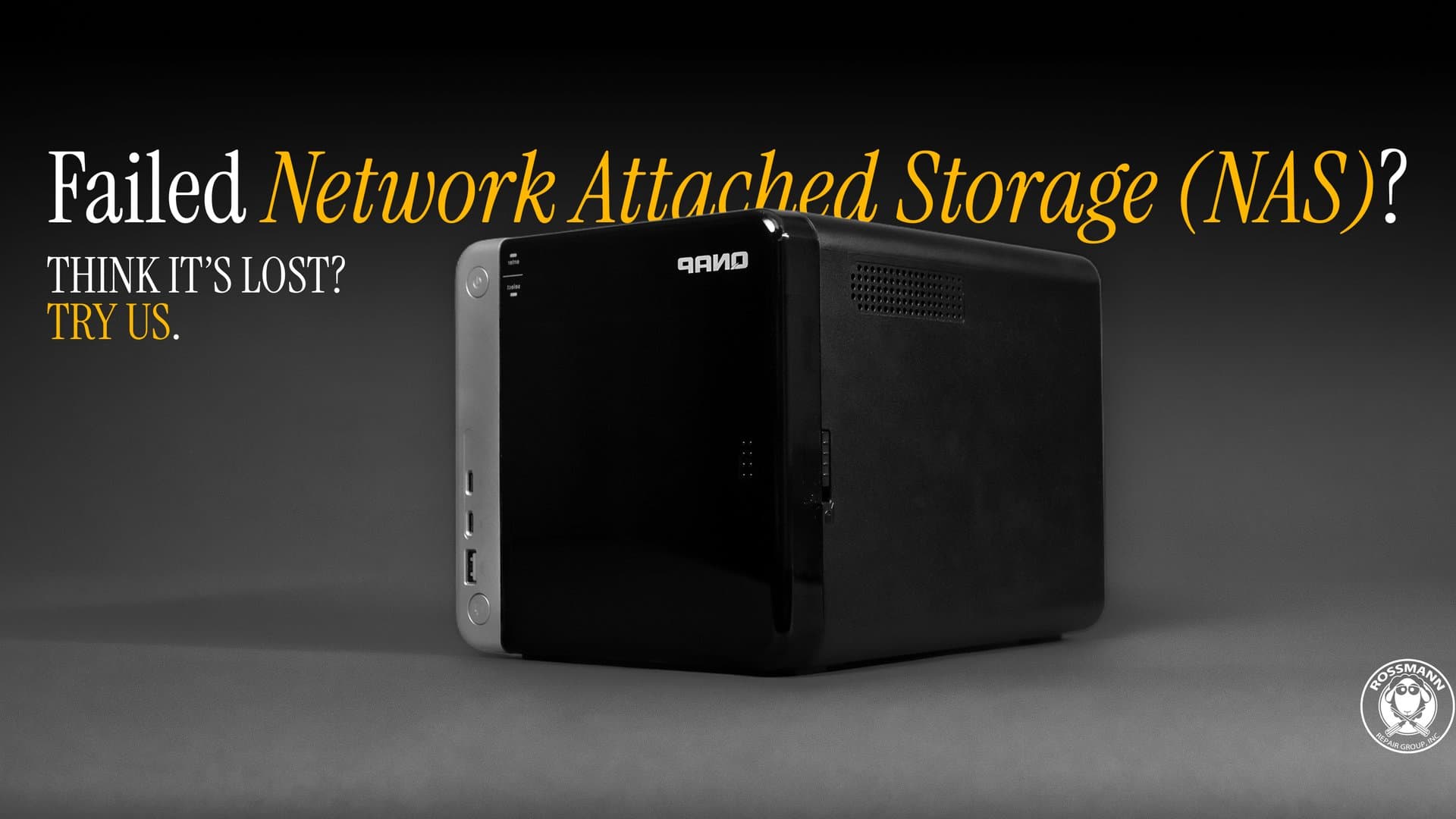
NAS Data Recovery
Synology • QNAP • TrueNAS
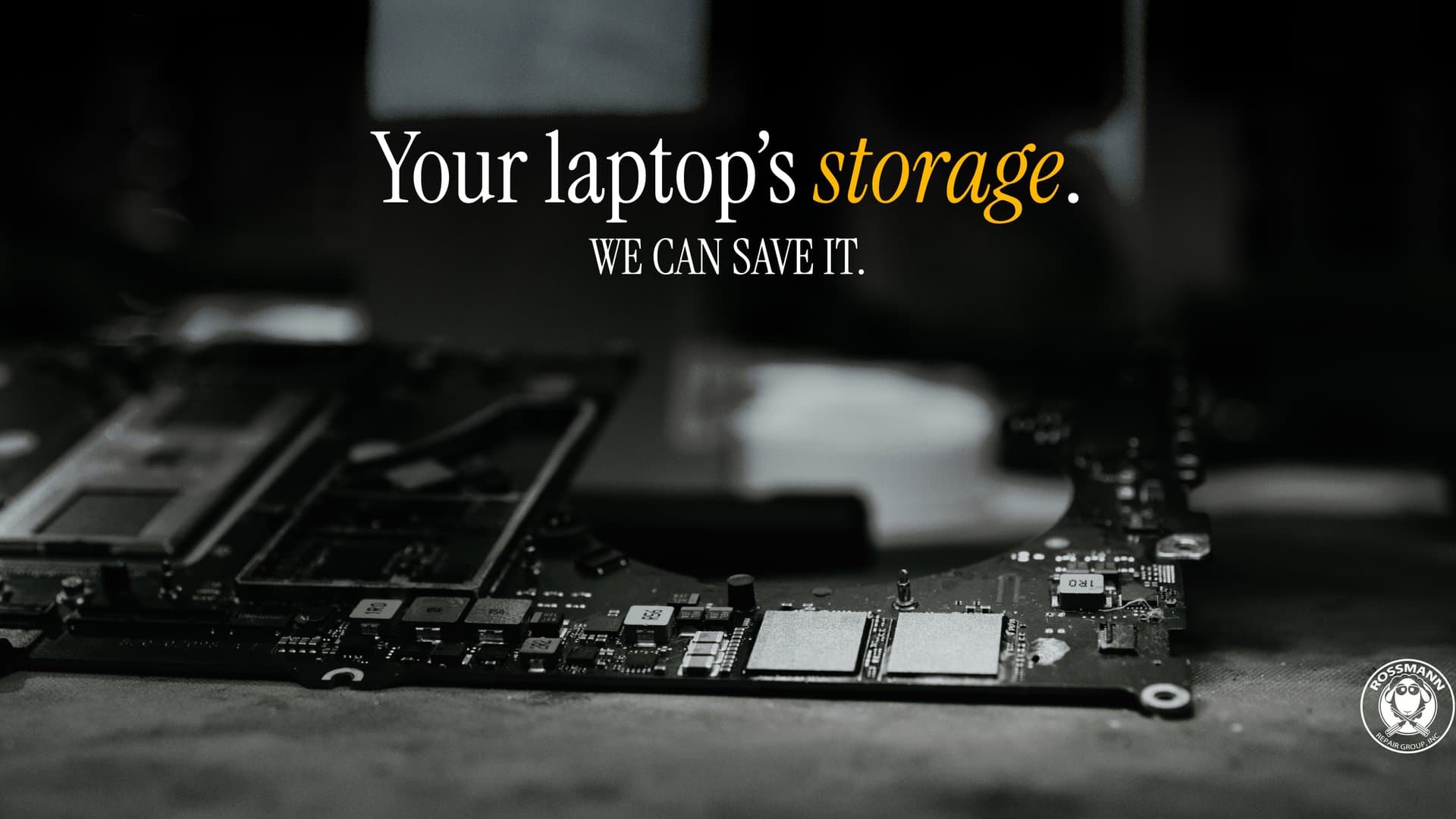
MacBook Data Recovery
T2/M1/M2 soldered SSDs
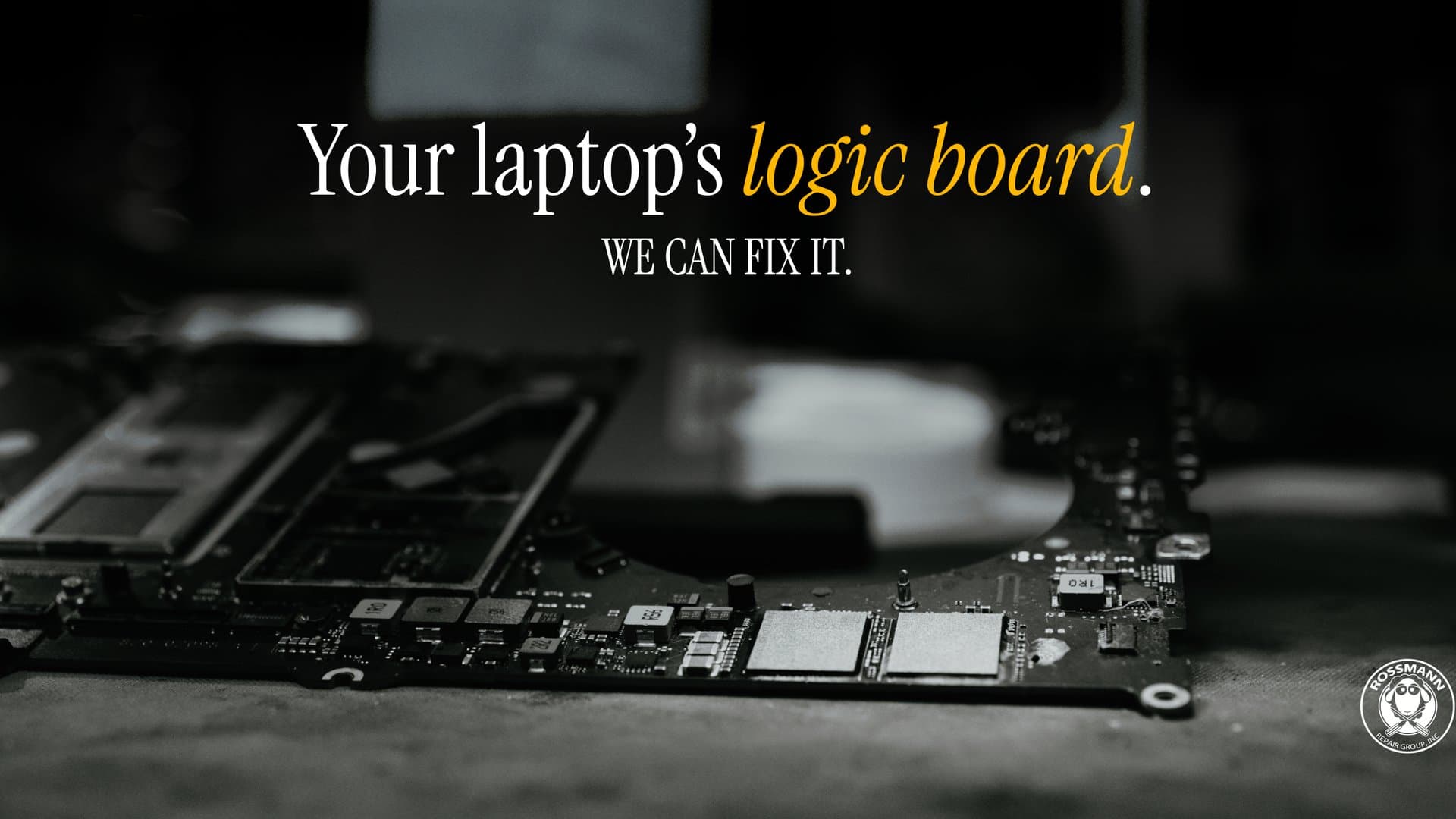
Mac Logic Board Repair
Microsoldering in-house
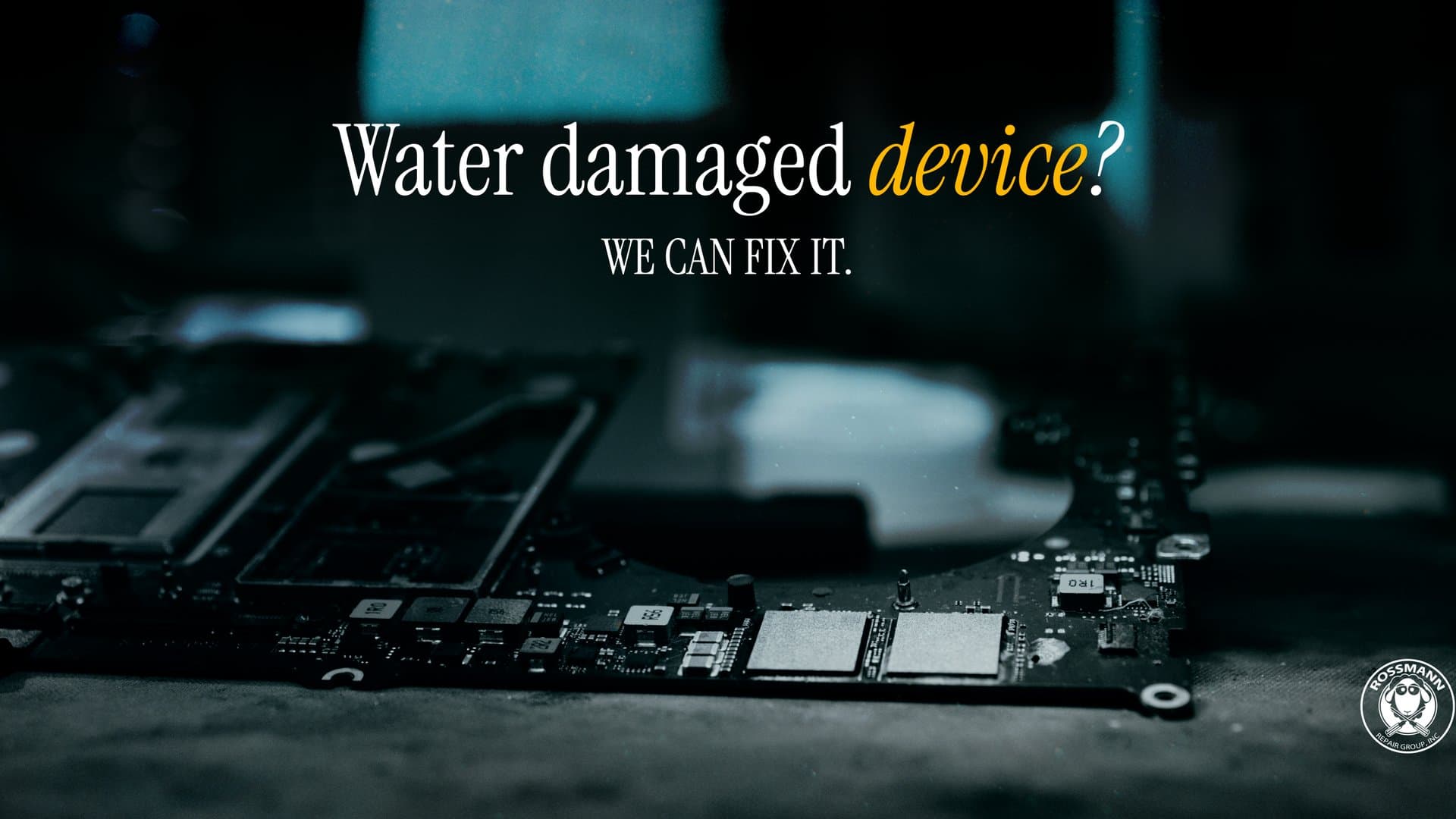
Liquid Damage Repair
Board-level triage

Hard Drive Recovery
Clicking & beeping drives

SSD Data Recovery
SATA & NVMe experts

SD & microSD Recovery
Chip-off when needed

iPhone Data Recovery
Water-damaged, dead, or not detected

RAID Data Recovery
RAID 0/1/5/6/10

NAS Data Recovery
Synology • QNAP • TrueNAS

MacBook Data Recovery
T2/M1/M2 soldered SSDs

Mac Logic Board Repair
Microsoldering in-house

Liquid Damage Repair
Board-level triage
"Louis saved my business! My MacBook Pro with 5 years of client data crashed. Apple Store said it was unrecoverable and wanted $3,500 for a new logic b..."
"Finally, a repair shop that doesn't treat customers like idiots! They showed me exactly what was wrong with my iPhone, explained the repair process, a..."
"Shipped my liquid-damaged MacBook from Seattle after watching Louis's YouTube channel for years. They kept me updated throughout, completed the repair..."